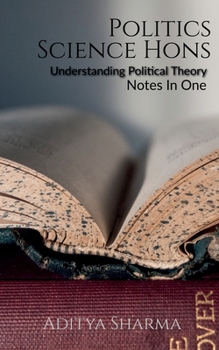Politics Hons
An external domain of standards and regulations is created by political obligation. It is
governed by laws, customs and by-laws. It refers to a set of legal obligations and
responsibilities that persons might be legally compelled to fulfil under the fear of penalty or
punishment or other legal repercussions. The term "political obligation" refers to a set of
legal responsibilities that citizens must fulfil. This should, however, not mean that political
obligation is the same as legal obligation. Political obligation extends beyond the sphere of
legal obligation. Political obligation necessitates for compliance to the laws of the state, but it
too admits means to challenge the system in order to safeguard the obligation ends. It does
include the duty of the citizens to obey the laws of the state, but it also incorporates in its
sphere a wider obligation, i.e., duty to protect the country, or to fight against injustice. This
latter connotation of obligation is much more than what one would like to include either in
moral or legal obligation. The concept of legal obligation merely serves to safeguard the
existing established legal structure, however, the concept of political obligation serves to
protect the system as a whole against dictatorship, political disputes, totalitarianism, injustice,
exploitation and alike. How to construct a legitimized political or social order is the problem
of political duty?





